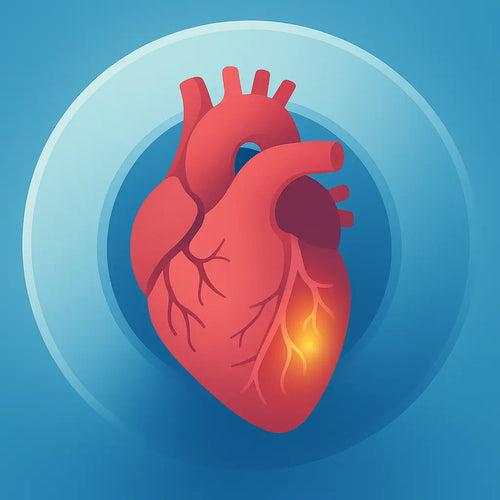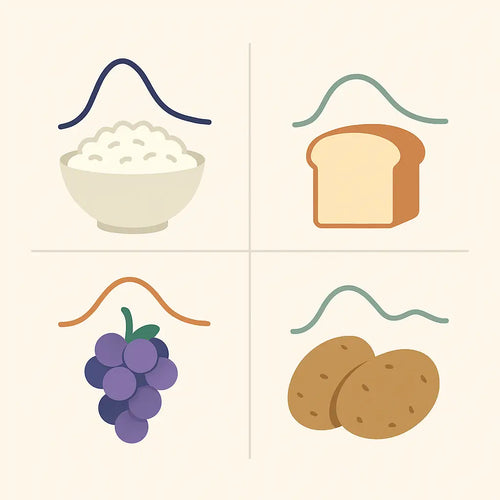
Brassica vegetable also called cruciferous vegetables, is a member of the family of vegetables that includes broccoli, brussels sprouts, cabbage, cauliflower, collard greens and kale.
These vegetables provide isothiocyanates and other glucosinolate derivatives capable of altering steroid hormone metabolism, regulating estrogen receptor response, and stabilizing cellular proliferation.
The researchers of the following study conducted a case control investigation of breast cancer I women, using urinary isothiocyanates levels as a biological measure of glucosinolate intake and degradation in populations with habitual Brassica intake (Fowke JH, et.al., 2003).
This is what they found.
Urinary isothiocyanates levels were inversely associated with breast cancer.
It’s recommended to eat broccoli, cauliflower or cabbage regularly.
Reference
Jay H Fowke 1, Fung-Lung Chung, Fan Jin, Dai Qi, Qiuyin Cai, Cliff Conaway, Jia-Rong Cheng, Xiao-Ou Shu, Yu-Tang Gao, Wei Zheng, Urinary isothiocyanate levels, brassica, and human breast cancer, Cancer Res. 2003 Jul 15;63(14):3980-6.










